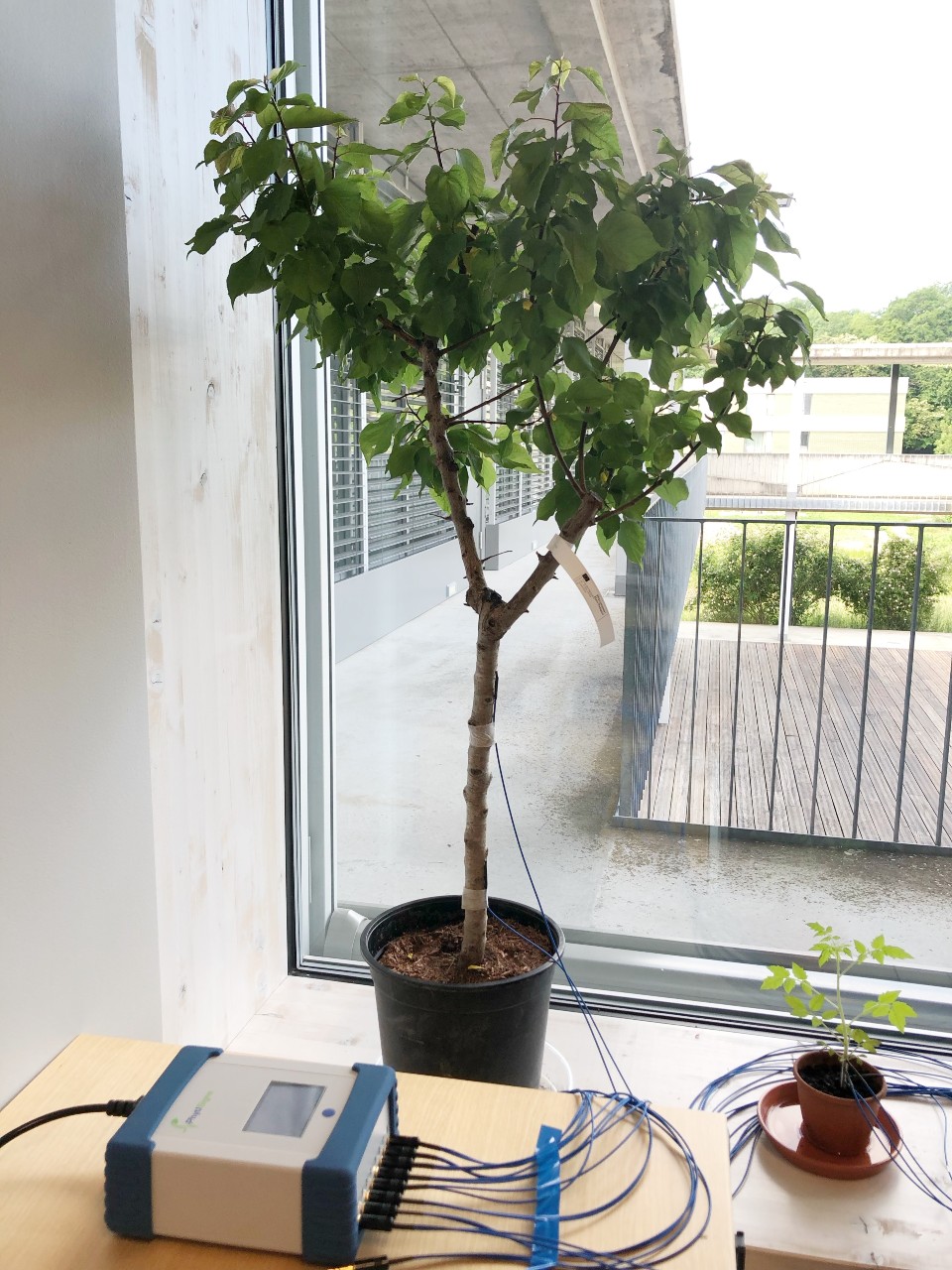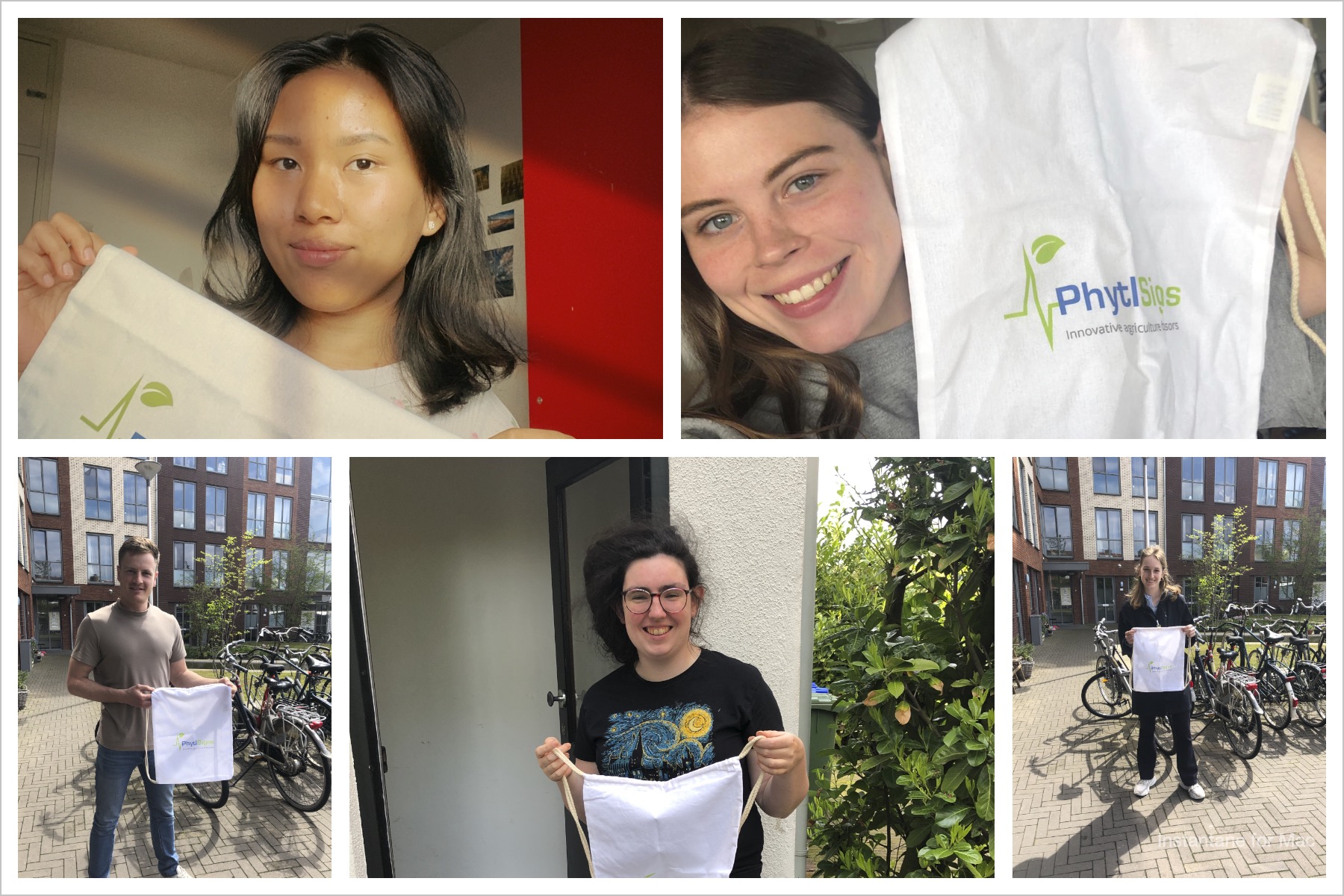
Congratulations to Dr Hamdan Awan on the acceptance of our paper at the IEEE Global Communications Conference
As part of series of profiles of scientists working with Vivent we are delighted to introduce Dr Hamdan Awan and to congratulate him on having our work accepted at the highly prestigious IEEE conference – Globecom coming up in Abu Dhabi.
Born in Pakistan, Hamden studied at the University of Taxila where he graduated with a BSc & MSc in Electrical Engineering. He then moved to the University of New South Wales in Sydney where he achieved his PhD. He’s now on the other side of the world in a very different climate at York University Toronto, where he took up a post-doc Research Fellow position in the Department of Electrical Engineering & Computer Science as part of one of Vivent’s active research projects.
His passion resides in the relatively new research area of molecular communication and hence he was attracted to our DARPA RadioBio (US) funded project that brings together Vivent with Prof Andrew Eckford, molecular communication specialist at York University.
Hamden is working on the theoretical modelling of the information transfer going on between cells in plants. This is a pioneering area of research, bringing together different disciplines to look at how biological entities transfer information cell to cell.
Although this is a theoretical exercise, he feels that subsequent validation of these models will have real applications for understanding the electrical signaling processes that are triggered when a plant experiences stress, and therefore PhytlSigns will have a major role in future plant growing techniques.
He’s certainly finding applying theoretical molecular communication models to plants interesting and rewarding.
Hamdan says that a truly inter-disciplinary approach to solving scientific mysteries is key, “it’s the future”. He feels that approaching the same problem from different scientific perspectives will result in the greatest leaps in science. Certainly, he hopes that Vivent’s multi-disciplinary projects will have important implications for human science too.
However, he also notes that in the scientific world there is some way to go to achieve total openness to others’ ideas, and that there is a degree of difficulty in publishing cross-discipline work. Publishing collaborative work in a Communications publication requires a different style and emphasis than publishing in a Natural Science publication.
What does his own future hold? Hamdan would very much like to carry on in the interesting and pioneering field of intercellular communication.
All of us at Vivent are send warm congratulations to Hamdan for the publishing of this paper and look forward to making progress on further research.
A preprint of the paper is available: Characterizing Information Propagation in Plants




